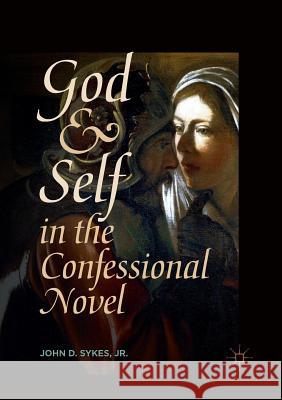God and Self in the Confessional Novel » książka
topmenu
God and Self in the Confessional Novel
ISBN-13: 9783030082246 / Angielski / Miękka / 2018 / 157 str.
Kategorie:
Wydawca:
Palgrave MacMillan
Język:
Angielski
ISBN-13:
9783030082246
Rok wydania:
2018
Dostępne języki:
Ilość stron:
157
Waga:
0.21 kg
Wymiary:
21.01 x 14.81 x 0.94
Oprawa:
Miękka
Dodatkowe informacje:
Wydanie ilustrowane











